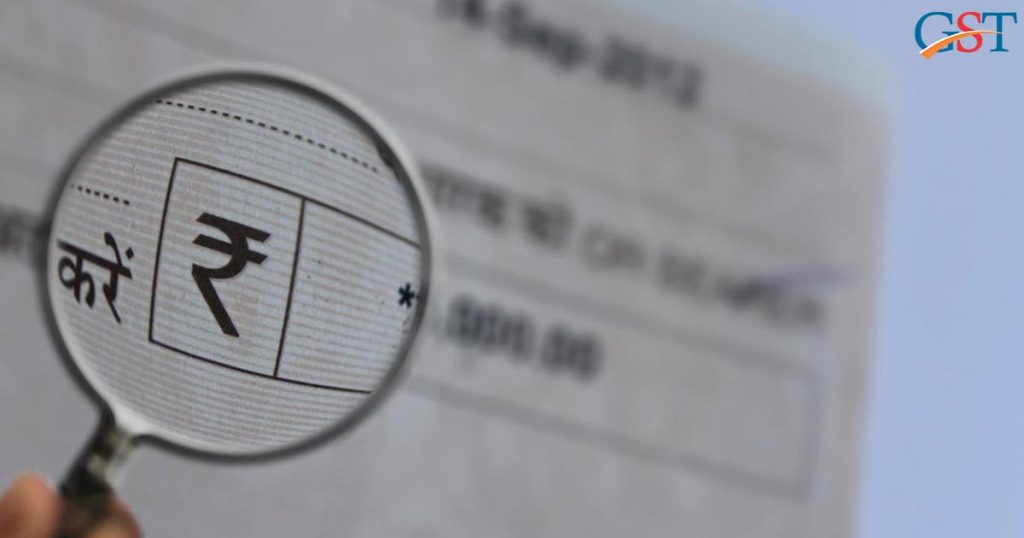
According to reports from Maharashtra’s Appellate Authority for Advance Ruling (AAAR), Charges imposed on dishonoured or bounced cheques will also include Goods and Service Tax (GST).
The decision is further confirmed by the Authority of Advance Ruling (AAR). The law is currently effective and is applicable only for the applicants and jurisdictional assessee officers associated with the process of application. However, the tax authorities have already introduced the law in their recent curriculum.
Once the case is opposed in the High Court, the decision taken by the court is considered as a reference in other identical matters
Applicant Seeking Description on the Allocation of ‘Bounce Charges’
Like in the practical case of the applicant, Bajaj Financial Limited, they provide auto loans against property and other personal loans. The loan agreement caters to the repayment of EMI or any other dues by cheque or Electronic Clearing System or National Automated Clearing House or any other electronic credit method. In case of the cheque bounced, the claimant charges the fixed amount of Rs. 350 as ‘cheque bounce charges’.
The applicant seeks clarity from the AAR whether the received bounce charges will be registered under the ‘supply’ column in GST. The application said that the charges are in the form of penalty and therefore the same cannot be included as supply under GST. Paying heed to this deformity, the applicant reached out to AAR asking to clarify the tax liability on cheque bounce charges under GST Law.
AAR allocated the bounce charges collected by the applicant undersupply of services which are further taxable under GST. On this, the applicant challenged the decision of AAR in High Court. Eventually, the court countered AAR saying the decision is not valid and the order has been issued on the wrong basis. Further directed by the court, collected bounce charges are not subjected to ‘supply’ as per the laws of GST.
AARs Action on ‘Bounce Charges’
Bounce charges do not have a barter, hence cannot be recovered in a contract. It was proposed that such charges are a part of the original contract and do not need a separate contract, therefore the revived amount should be deemed accordingly. Appellate Authority has designed a clear status of defaults in the agreement between the appellant and customer.
Read Also: GST Charges for Cheque Bounce by Some Famous Banks
Bouncing of cheque should be treated as a default which may call for either cancelling of the loan agreement or block the property on loan or proceeding under legal recourse. As per the ruling, this is a supply covered under the Act and will be taxable under GST Laws.









